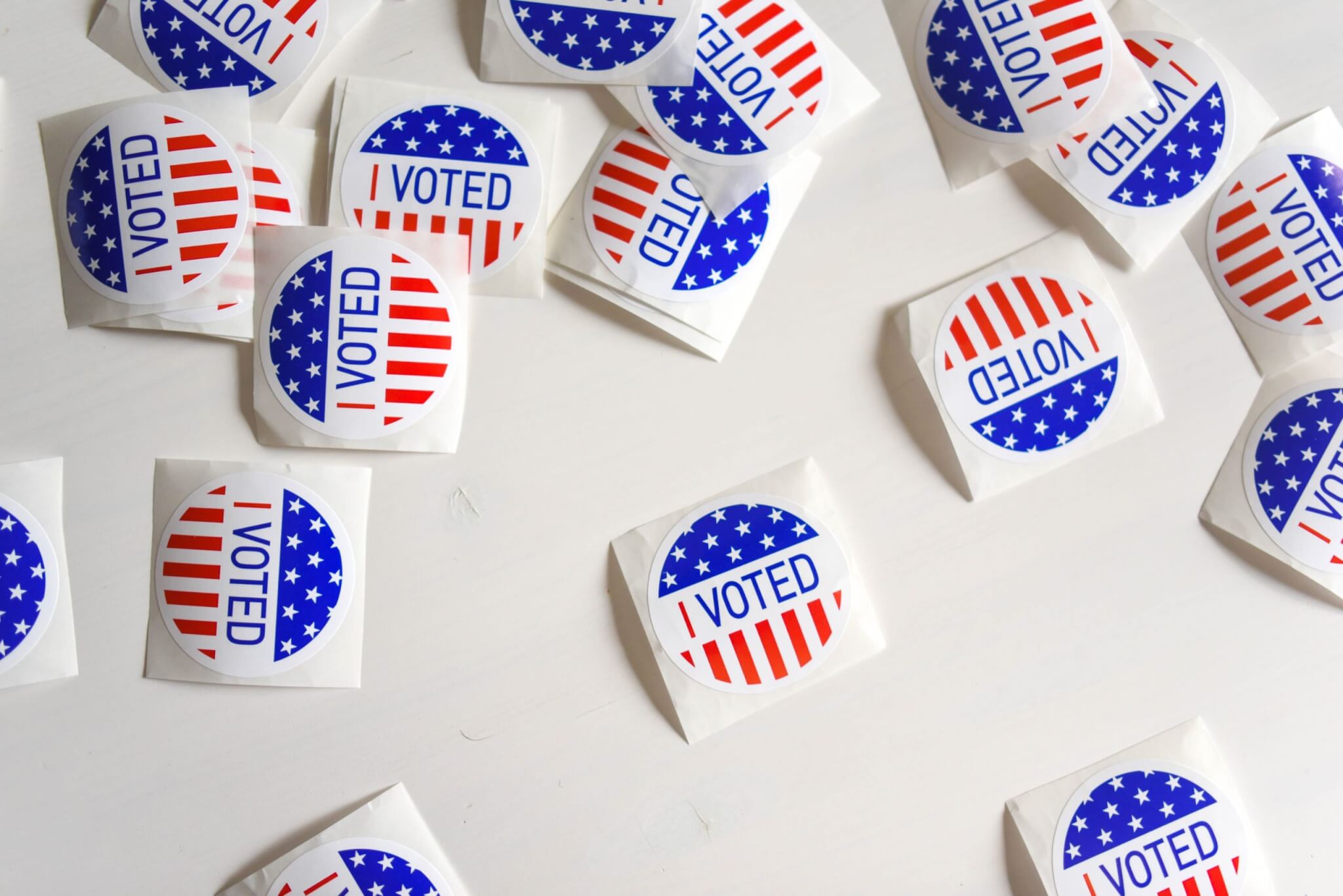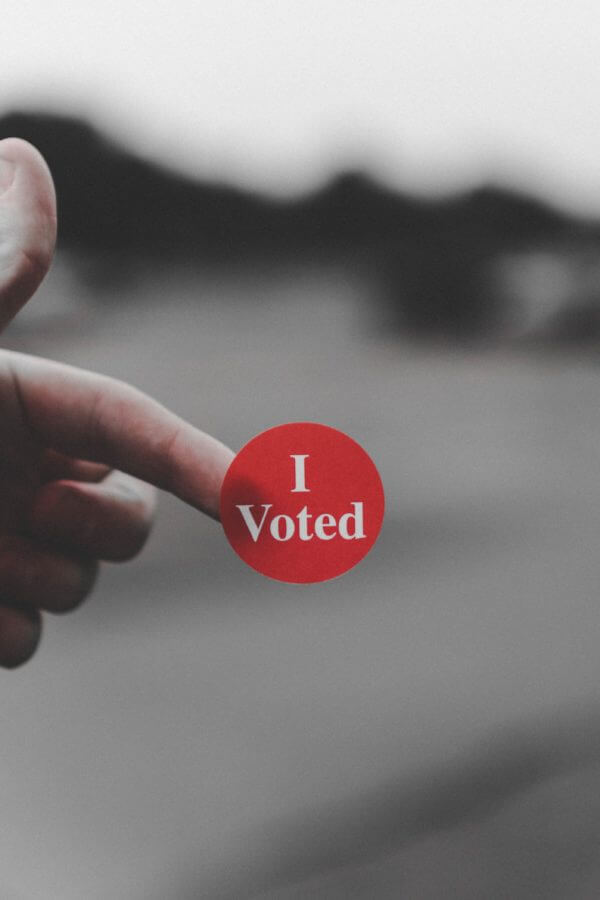
A number of states are poised to loosen marijuana restrictions this November
While cannabis remains stubbornly illegal at the federal level, more and more states are setting their own policies. As we head into the 2020 election, 33 states and the District of Columbia have legalized medicinal cannabis, while 11 states currently allow recreational use. On November 3rd, voters in four more states will decide whether to adopt new recreational cannabis laws, while a 5th, Mississippi, will consider medicinal marijuana.

You may recall the “green wave” of the 2016 voting cycle that led to cannabis reforms in eight out of nine states that voted. The industry is again hoping for a big win this November, and it seems like the populace agrees.
In November of last year, a Pew Research study determined that 9 in 10 Americans supported some form of legalization. Voters across party lines are interested in reforms to marijuana laws, and politicians are taking note. “We’ve seen public support continue to grow every year,” said Karen O’Keefe, director of state policies for the Marijuana Policy Project, the advocacy group supporting several of the measures.
Indeed, if more states vote to legalize, it could signal massive potential for industry growth as it might lead to a domino effect on other states, particularly states looking to boost their budgets and address social justice issues, like the disproportionate targeting of people of color for cannabis-related arrests.
In September of this year, the House of Representatives was poised to vote on a federal decriminalization bill, the MORE act, but the vote was pushed back until after the election. Although it was unlikely to have progressed through Mitch McConnell’s Republican-majority Senate, it may be only a matter of time until the bill or a similar one passes with bi-partisan support. If several more states pass cannabis reform laws, Republican lawmakers will find themselves representing more broadly pro-cannabis constituencies.
Here’s a closer look at the ballot initiatives up this year:
Arizona
Although medical marijuana has been legal in the state since 2011, advocates are making their second attempt to legalize for recreational purposes. Prop 207, the Smart and Safe Arizona Act, would legalize the sale, possession, and consumption of one ounce of marijuana (of which 5 grams can be concentrate) for adults at least 21 years old. It also allows home cultivation of up to 6 plants, establishes over 100 recreational marijuana dispensaries, and decriminalizes many marijuana-related offenses.
While the state’s last effort to legalize failed by a slim margin of 51-48 in 2016, a
recent poll indicated that 62 percent of Arizonans support legalization. Although in September a separate poll found that only 51 percent of registered voters support Prop 207, while another poll conducted later that month found that 57 percent of voters support the measure.

Mississippi
Initiative 65 would allow doctors to prescribe cannabis for a variety of conditions, from cancer to Chrohn’s disease to severe nausea. An alternative bill is also on the ballot that restricts medicinal cannabis for use by the terminally ill.
The state’s deeply conservative legislature put up the counter measure – Initiative 65A – as a rebuttal to the more progressive measure in a probable effort to siphon some support from Initiative 65.
Nevertheless, the measure will most likely pass, as recent polls point to widespread support from some 81 percent of residents, including 76 percent of Republicans.
Montana
Montana voters also have two cannabis separate measures on their ballots.
Ballot issue I-190 would allow adults to use cannabis recreationally, while a separate initiative, CI-118, would establish 21 as the legal age limit.
I-190 will tack a 20% tax on recreational cannabis, with most of it going to the state’s general budget and the rest towards veterans programs, substance abuse treatment, and enforcement. If passed, it would also allow people serving cannabis-related sentences to apply for resentencing or records expungement.
New Jersey
New Jersey legalized cannabis for medicinal use in 2010, and will now vote on legalization for recreational use. New Jersey Public Question 1 would legalize adult use, sale and possession. Products would be taxed at the state sales tax rate of 6.625 percent, although local governments could opt to tag on an extra 2 percent. Recreational cannabis would likely be a boost for the local economy because of Jersey’s close proximity to New York and Pennsylvania, where cannabis is not yet legal. Some analysts suggest the low tax rate should help New Jersey dispensaries compete against the area’s notable black market.
South Dakota
South Dakota is set to vote on both recreational and medicinal marijuana this November. Measure 26 would allow doctors to prescribe cannabis, while Constitutional Amendment A would allow adult recreational use.
While the state currently has some of the nation’s harshest possession laws where people can be held criminally liable for even testing positive for cannabis, the measures might well pass. A September poll indicated that a majority of state residents support both measures, with 70 percent of respondents saying they planned to vote for Initiated Measure 26, and 60 percent saying they planned to vote for Constitutional Amendment A.
Watch this space for more on how these measures play out next week!

Recent Comments